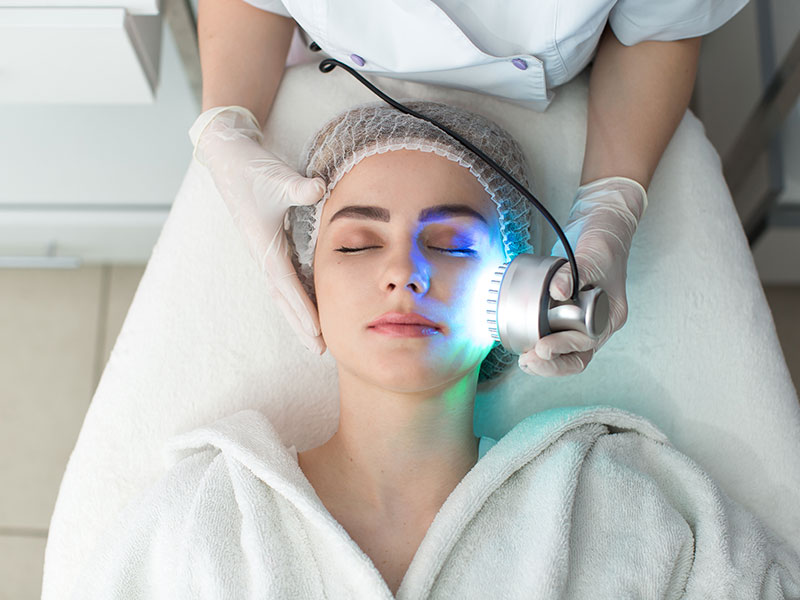
Skin whitening –
Skin whitening, also known as skin bleaching or skin lightening, refers to the practice of using products or procedures to lighten the skin’s natural pigment, or melanin. People may choose to use skin whitening products for a variety of reasons, including to lighten dark spots or uneven skin tone, to improve the appearance of scars, or to achieve an overall lighter complexion.
There are many different methods of skin whitening, ranging from topical creams and lotions to chemical peels and laser treatments. Some common ingredients found in skin whitening products include hydroquinone, kojic acid, and azelaic acid. These substances work by inhibiting the production of melanin, which is responsible for the skin’s color.
While some people may find skin whitening products to be effective at improving the appearance of their skin, it is important to be aware of the potential risks and drawbacks of these products. Many skin whitening products contain harsh chemicals that can be irritating to the skin and may cause side effects such as redness, dryness, and flaking. Some products may also contain illegal or potentially harmful ingredients, such as mercury, which can cause serious health problems.
In addition, it is worth noting that skin whitening is a controversial topic, as it has been associated with issues of race and colonialism. Some people view skin whitening as a form of self-hatred or internalized racism, and it can be seen as promoting harmful beauty standards. It is important to be sensitive to these issues and to consider the potential social and cultural implications of using skin whitening products.
Overall, it is important to be cautious when using skin whitening products and to be aware of the potential risks and drawbacks. It is always a good idea to consult with a dermatologist or other medical professional before using any new skin care products, to ensure that they are safe and appropriate for your skin type and concerns.









